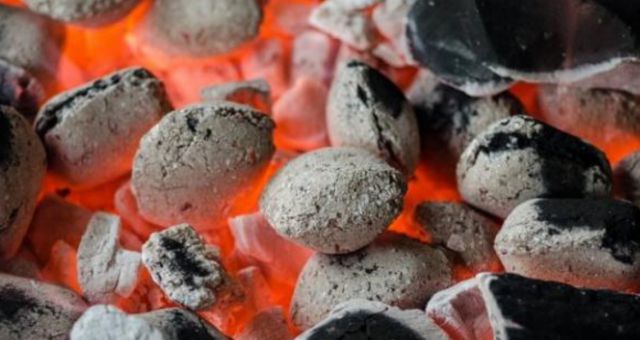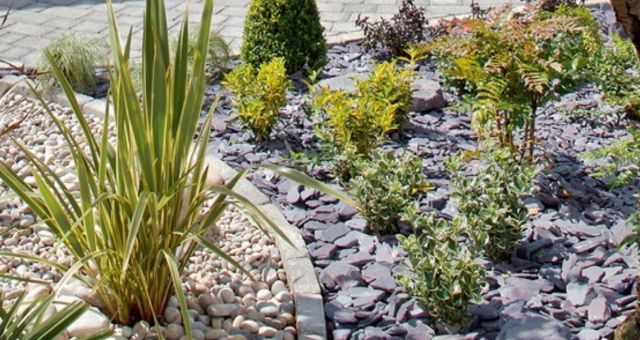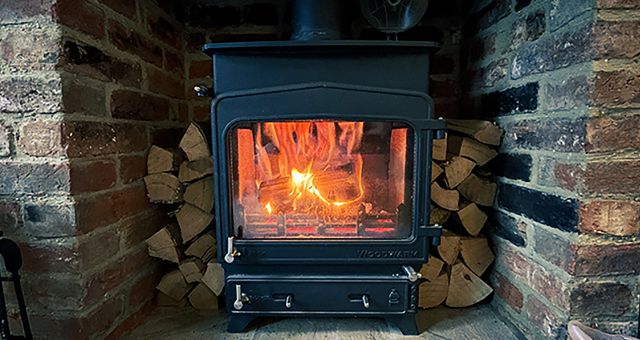A ‘How To’ blog section from a solid fuel supplier wouldn’t be right unless it has a how-to on the very first thing to know about heating your home by using a stove, open fire, or multi-fuel appliance.
With that, we’ve put together an article on how to light a fire. There are many ways to light a fire, with many articles online suggesting different approaches.
Below is a step by step guide on the how to start a fire, the easiest way!
Step 1: Make sure you have the right supplies
Having the right supplies to start a fire in your stove, open fire or multifuel appliance really makes the difference. In our experience, starting a fire without kindling or firelighters often results in a slow, smokey and fume-filled room.
To start your fire, you will need; firelighters, kindling and logs. If you can burn coal or smokeless fuels on your appliance, you will find that your fire lasts longer.
Step 2: Start off clean
Often over-looked, clean out your fire! Before adding kindling and firelighters to your stove, remove any ash or cinders. Neglecting this stage often leads to restricted air flow, which makes it harder for the fire to catch. Regular maintenance to your appliance improves the overall efficiency.
Step 3: Air flow
Relating to the point above, to get the fire off to a good start, there needs to be a decent amount of air flow.
On closed appliances, there is a ‘damper device’. This device looks like a lever and it controls the amount of air allowed through the flue. The lever moves in two directions, one closes the damper, restricting the air flow, the other way opens the damper, therefore increasing air flow.
When starting the fire, you should open the damper to increase air flow. The more oxygen available, the easier it is for your kindling and logs to catch fire.
Step 4: Set the base of the fire
As mentioned in the introduction, there are many ways to lay the base of a fire. If you’re a newbie to starting a fire, we recommend adding a good handful of kindling to the base of the stove, then placing a firelighter on top of the kindling. From here, take some more kindling and stack it around the firelighter. Once in position, use a long match or lighter to ignite the firelighter.
Our kindling is made from dried spruce and pine wood, which is softwood. Dry softwood catches fire easily and does not produce much smoke or fumes, as opposed to newspaper.
Never use any kind of accelerants such as lighter fluid or diesel when starting a fire.
Step 5: Adding logs
Once your kindling is giving off a nice flame, you can now add a couple of logs to the fire. We suggest adding kindling and logs to the fire separately because the logs catch fire easier at this point. The appliance is already getting hot, the airflow should be good at this point, and your kindling is burning away.
When adding logs to the fire, be sure not to overfill the appliance. Overfilling an appliance with fuel restricts the airflow, sometimes choking the fire and putting it out.
At this point, you can sit back and enjoy the warmth and the sound of your fire ticking away in the background. From here, add more logs as necessary and use a poker to break down the logs occasionally.
Step 6 – Making your fire last longer
So your appliance is now firing away and you can feel the heat. If you’re only using logs you will notice you’ll need to refuel often to keep the fire going. A big impact on fast-burning logs is… the air flow. Although it is important to allow more oxygen into the fire initially, a great way to slow the fire down is by restricting the airflow. Reducing the oxygen stops the logs burning with such a big flame, and turns them into more of a smolder.
Getting the right amount of air flow will take some playing around with, but remember this tip if you are topping up the fire every half an hour!
Another way to make your log fire last longer is by choosing a hardwood log. Hardwood logs like Oak and Ash have a higher density, which makes them burn for longer. An even better way to make your fire last longer is to add coal or smokeless fuel. Typically, these fuels burn for 6+ hours without much maintenance. Some smokeless fuels, such as Supertherm and Newheat typically burn for 10+ hours!
If you have a multi-fuel appliance and want to add coal or smokeless fuel to your fire, increase the airflow and add your fuel onto the fire when your logs are flaming away. Once the coals start to glow red, restrict the air flow again.




